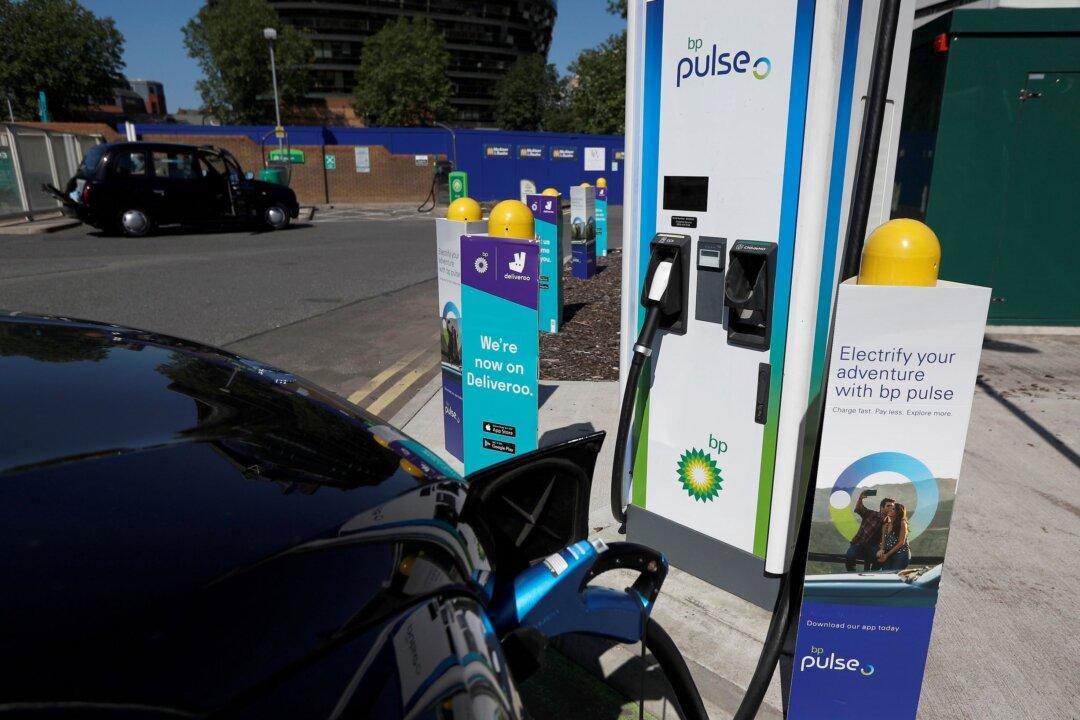MPs from all parts of Britain have called on the government to “step up” and increase the number of rapid electric charging points if they are to meet the demand expected over the next seven years.
In 2020, Boris Johnson announced plans to phase out the sale of all new petrol and diesel cars and vans by 2030, and pledged £1.3 billion ($1.45 billion) toward installing electric vehicle charging points in homes, streets, and on motorway service areas.





